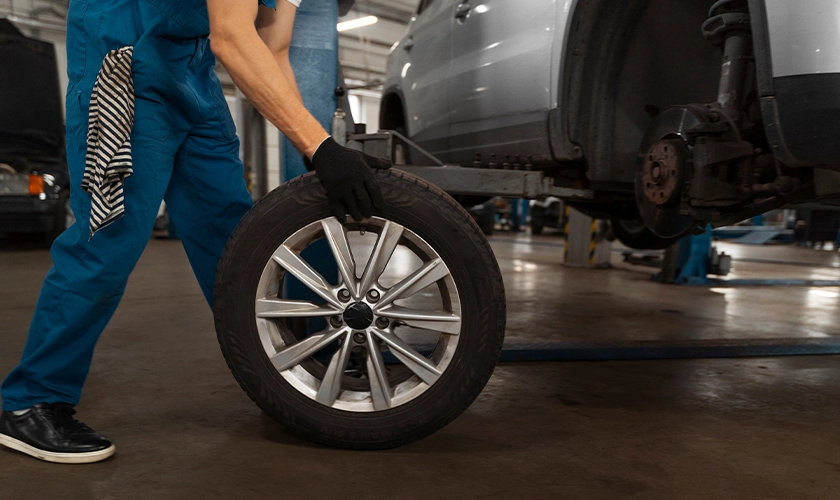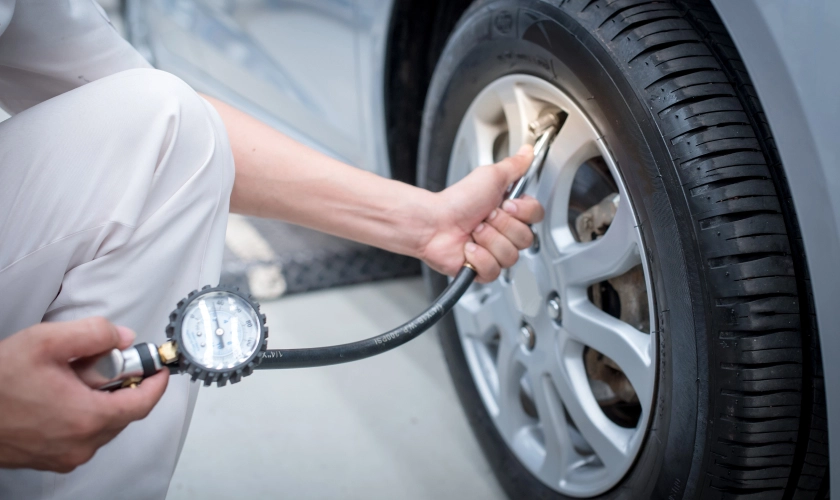FEATURES
LATEST Blogs
SEE ALL CarOnPhone
CarOnPhone
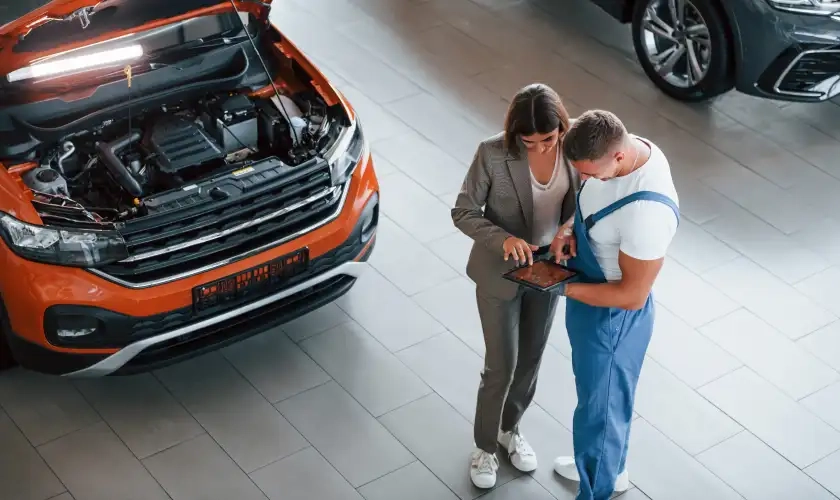
How to Check a Used Car’s Engine Condition Before Buying
Step-by-step guide to spotting engine issues before you buy a second-hand car. Practical tips you can use even if you’re […]
 CarOnPhone
CarOnPhone

Why Road Trips Are Steering India’s New Travel Culture
Why road trips are becoming India’s favorite way to travel. Practical picks for the best cars for Indian road trips. […]
 CarOnPhone
CarOnPhone

E27 to Flex-Fuel, CAFE 3 Norms & India’s Auto Market Shift by 2027
Linking E27 to Flex-Fuel, CAFE 3 norms, and how automakers will adapt. Policy goals, the tech trade-offs, and what it […]
FEATURES
LATEST Blogs
SEE ALL CarOnPhone
CarOnPhone

How to Check a Used Car’s Engine Condition Before Buying
Step-by-step guide to spotting engine issues before you buy a second-hand car. Practical tips you can use even if you’re […]
 CarOnPhone
CarOnPhone

Why Road Trips Are Steering India’s New Travel Culture
Why road trips are becoming India’s favorite way to travel. Practical picks for the best cars for Indian road trips. […]
 CarOnPhone
CarOnPhone

E27 to Flex-Fuel, CAFE 3 Norms & India’s Auto Market Shift by 2027
Linking E27 to Flex-Fuel, CAFE 3 norms, and how automakers will adapt. Policy goals, the tech trade-offs, and what it […]
 CarOnPhone
CarOnPhone

Car Buyers in Tier 2 & Tier 3 Cities – Who They Are, What They Want
Mindset, must-haves, and hurdles shaping the Tier 2 car market India. How these buyers are driving growth, shifting choices, and […]
FEATURES
LATEST Blogs
SEE ALL CarOnPhone
CarOnPhone

How to Check a Used Car’s Engine Condition Before Buying
Step-by-step guide to spotting engine issues before you buy a second-hand car. Practical tips you can use even if you’re […]
 CarOnPhone
CarOnPhone

Why Road Trips Are Steering India’s New Travel Culture
Why road trips are becoming India’s favorite way to travel. Practical picks for the best cars for Indian road trips. […]
 CarOnPhone
CarOnPhone

E27 to Flex-Fuel, CAFE 3 Norms & India’s Auto Market Shift by 2027
Linking E27 to Flex-Fuel, CAFE 3 norms, and how automakers will adapt. Policy goals, the tech trade-offs, and what it […]
 CarOnPhone
CarOnPhone

Car Buyers in Tier 2 & Tier 3 Cities – Who They Are, What They Want
Mindset, must-haves, and hurdles shaping the Tier 2 car market India. How these buyers are driving growth, shifting choices, and […]

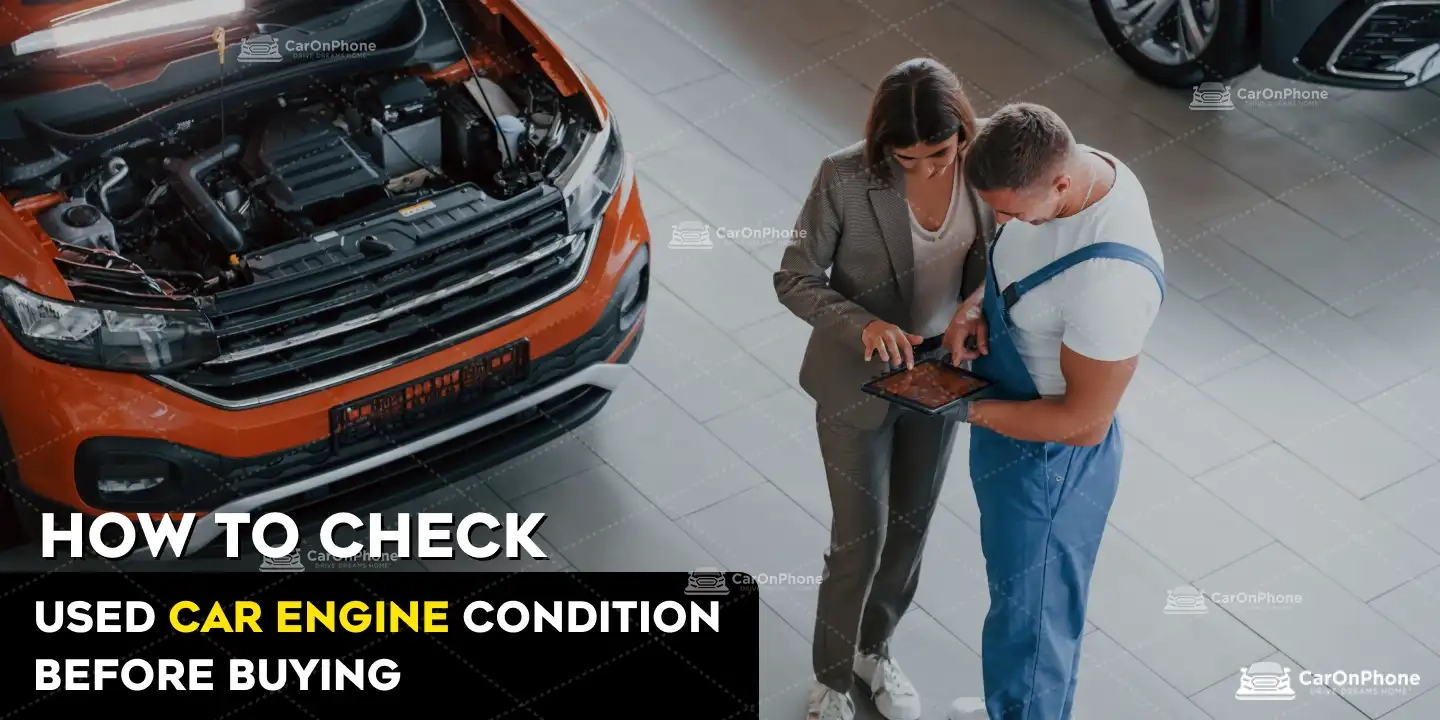
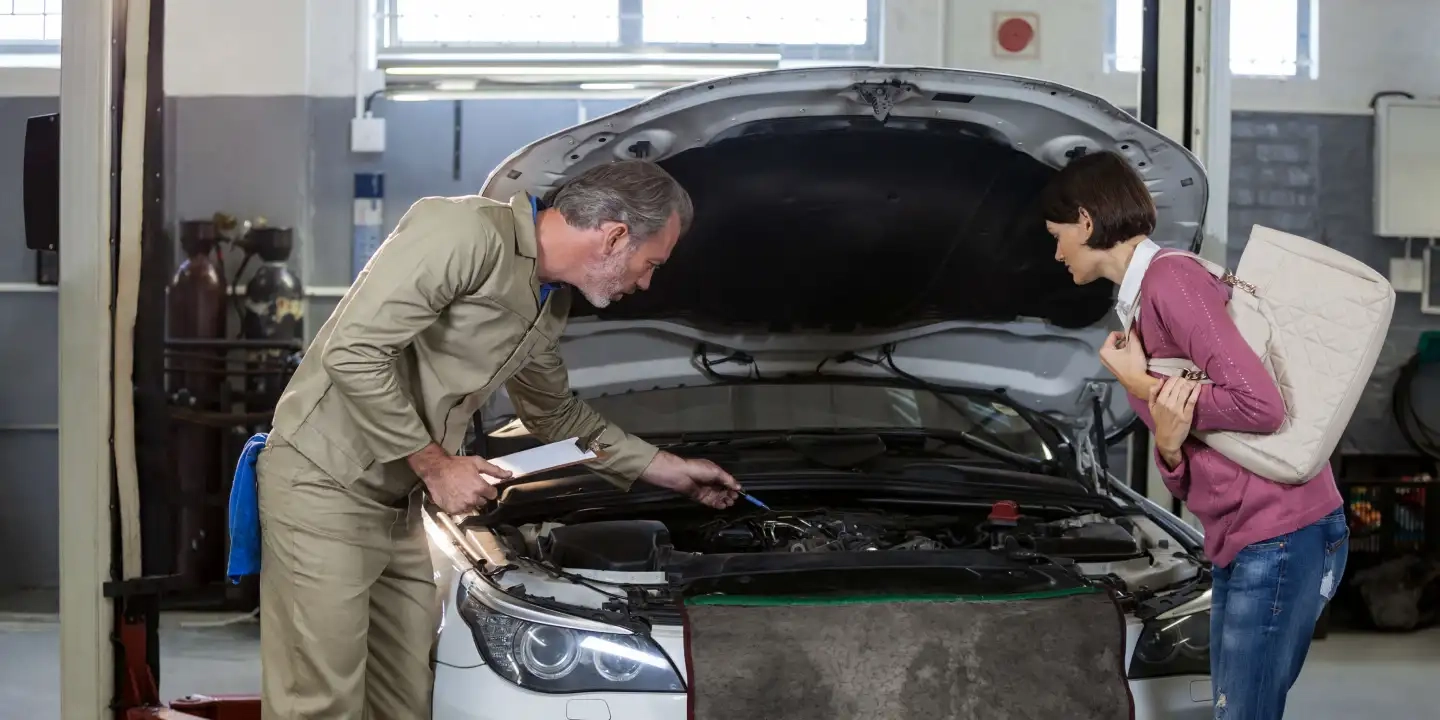
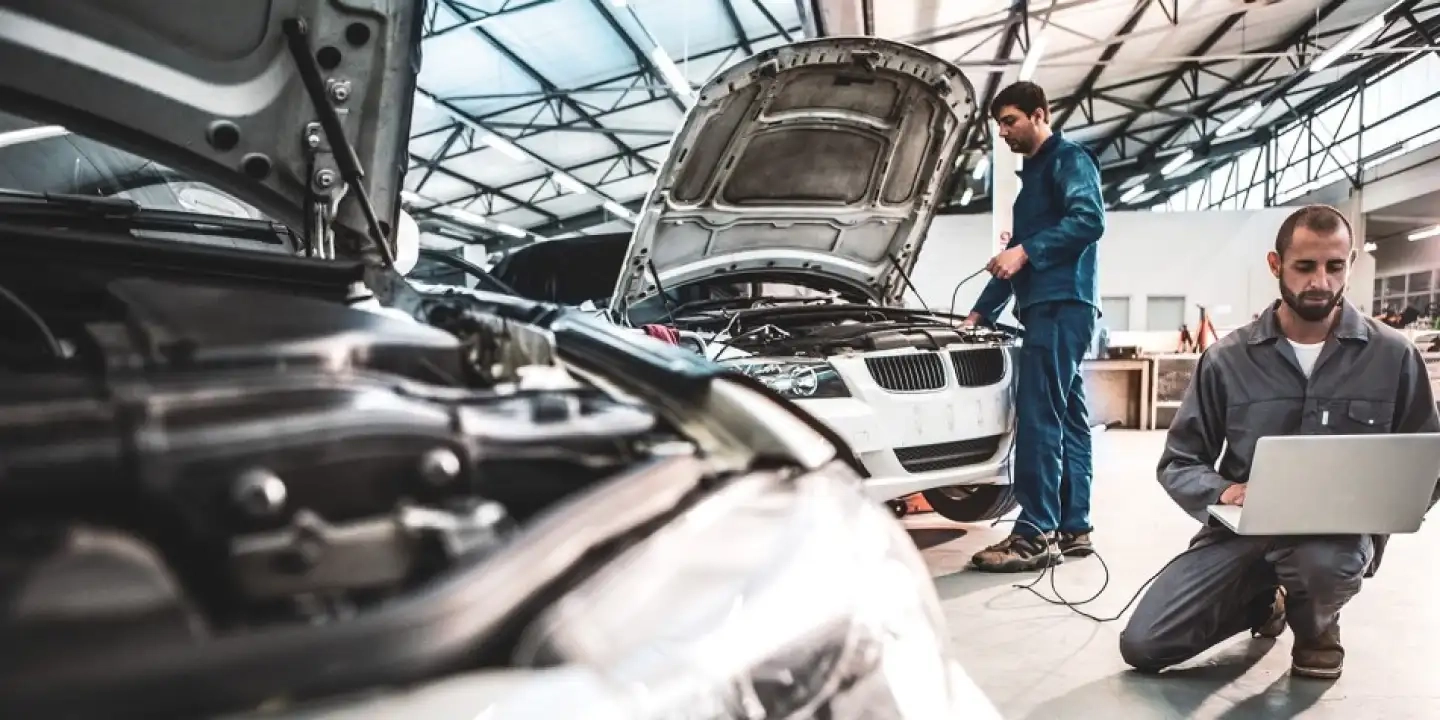

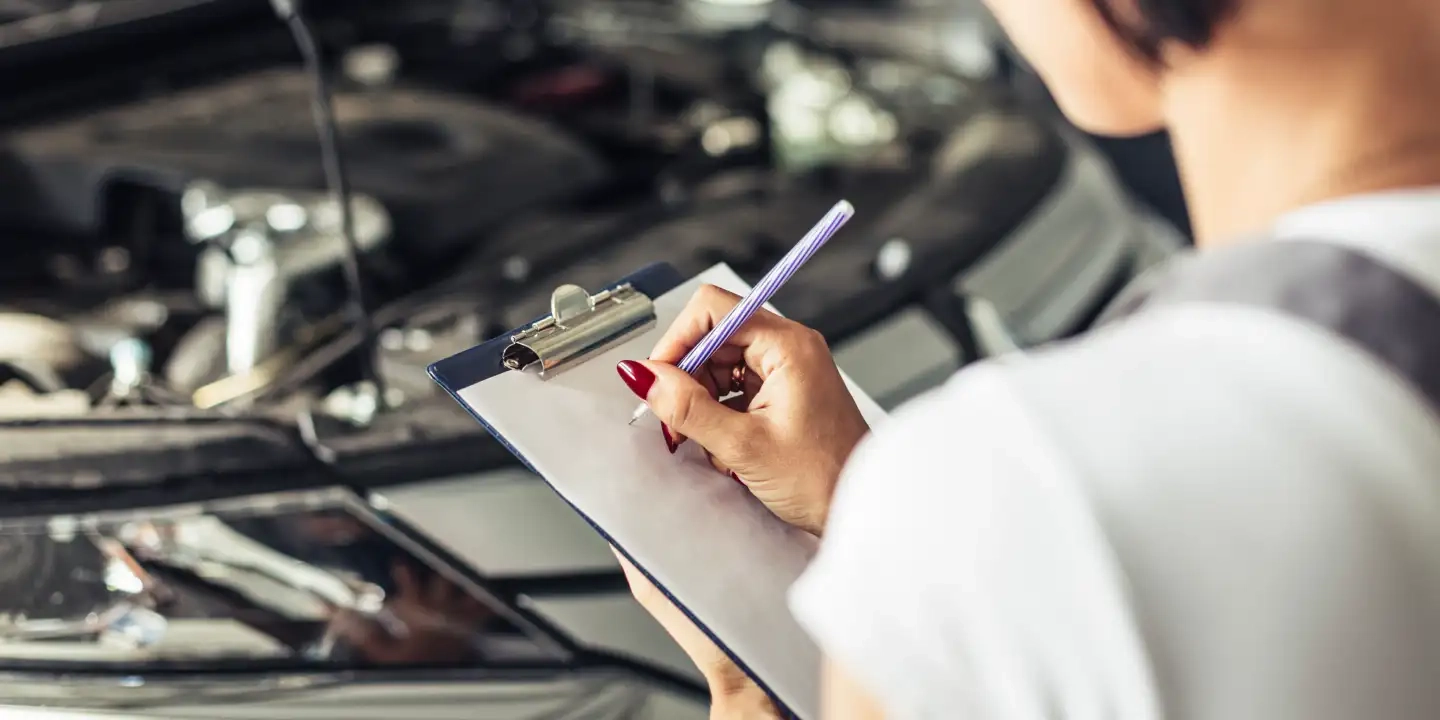



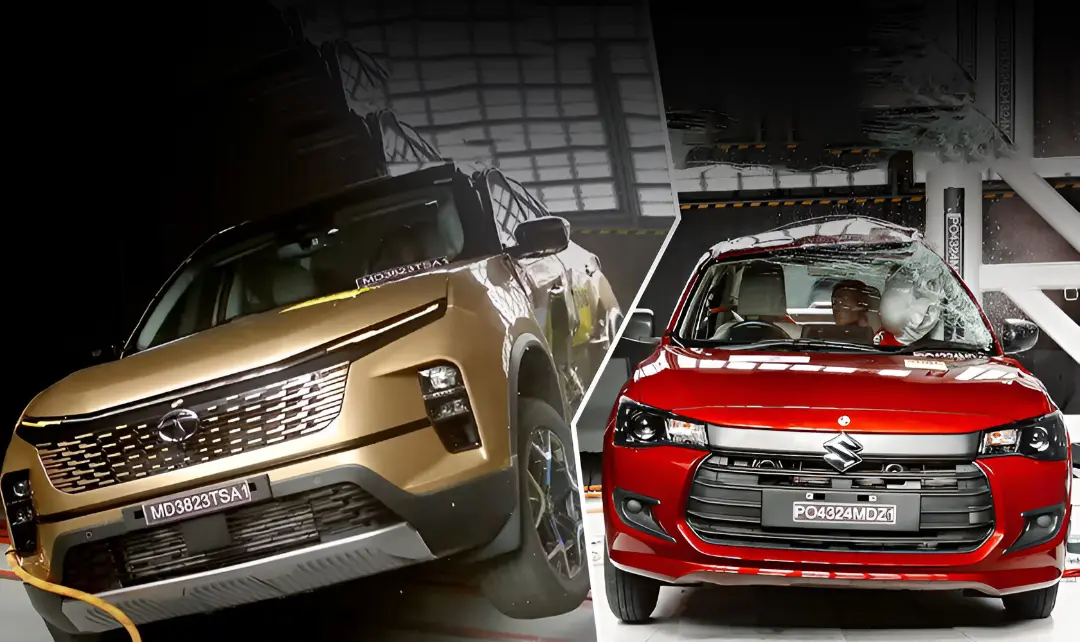





 Caronphone
Caronphone 